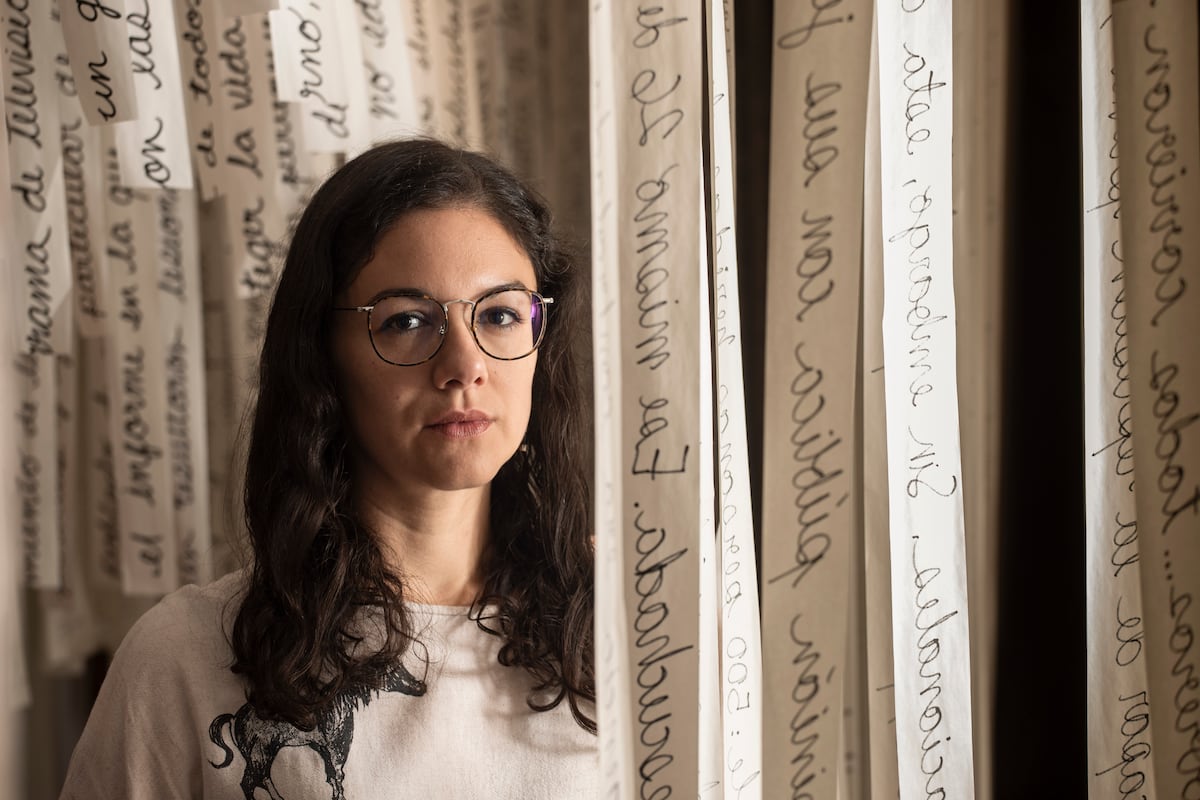In the late sixties, I was working at the small Galerna publishing house in Buenos Aires, founded by Guillermo Schavelzon. We were preparing an anthology around the engraving of Dürer The Knight, Death and the Devil, and we had asked several writers to collaborate with a text. One of the first to join the project was Jorge Luis Borges, who offered us two magnificent sonnets on the subject. When I went to see him with the modest sum that we could offer him, he was surprised: “How! They are going to pay me for a few verses! ” It was not false modesty. Borges did not live (never lived) on his royalties, but, after his father's death, on conferences that, due to his shyness before the public, made others read and his miserable salary as an employee in a municipal library. Later he taught at the university and after the fall of Perón accepted the position of director of the National Library. During the 1970s, publisher Franco Maria Ricci of Milan was his patron, generously paying him for small editorial projects. But for most of his life, Borges was a poor writer.
It was perhaps in the Middle Ages that the image of the destitute writer came to life: stiff with cold, huddled in his chair, bent over his parchment, his eyes straining in the dim light of a candle. We do not know when the image arose, but the truth is that it took root in our imagination. Poverty as a condition of artistic inspiration, the suffering of the flesh to allow or justify communion with the muse or the Holy Spirit. Perhaps it is this painful stereotype that has given reasons to the publishing industry of today to consider the payment of royalties as alms. The small percentage that an author should receive for the sale of each copy of his book is retained for months in the accounting offices of the publishers and (without interest, of course) is poured into the author's pockets only once or twice a year , and frequently with several months of bureaucratic delay. Imagine a minister or a stockbroker waiting months to collect his salary. Something in the system must change.
Very few writers make a living from their books alone. Most of them survive doing other things: working as a tax collector (Shakespeare), as a soldier (Cervantes), as an employee in an insurance office (Kafka) or in a bank (TS Eliot), as a teacher (Emily Brontë), printer (Balzac), doctor (Chekhov), miner (Jack London), screenwriter (Faulkner), nurse (Agatha Christie), reporter (García Márquez). The examples are countless.
It is inconceivable to us that an eye doctor or a lawyer earns a living not with the talents of their profession, but working as a greengrocer or dishwasher (inconceivable, but it happens, as hundreds of immigrants know that they cannot exercise their true professions in the country that welcomes you). But that a writer must look for the daily bread teaching or doing translations (in the best cases) or (in the worst) serving tables or typing documents in some anonymous office seems normal to us. A friendly lady, upon learning that her neighbor, Richard Ford, was a writer, asked her interestedly: "Yes, but what is he working on?"
In these days of the new flood, when as inexperienced Noés we are spying out the deserted streets through the window to see if the popcorn returns with the olive branch, the possibilities of those "best cases" have vanished. The publishers have prudently lowered the blinds, the agents have hung signs announcing “Closed until further notice”, almost no publisher orders an article unless it is not to ask us to tell again about the life of a cloistered nun. Some, the luckiest ones, teach Zoom or Skype, or set up writing workshops. The Network has become our Ark and the reading of electronic books has taken an unexpected flight. As in the nights of Sherezade, we resort to stories to delay death.
Of course, writers - famous or not - continue to write. But what do they write? I suspect that after the waters go down, a month or a year from now, we will discover in the mud, among the corpses of restaurants, theaters and bookstores, thousands upon thousands of Plague Year Diaries looking for imaginary, impatient readers. for understanding what has happened and why, without remembering that those answers are already on their shelves: Robinson Crusoe , from Defoe; Wells' War of the Worlds ; the Decameron , by Boccaccio; Rhinoceros , from Ionesco. And that the latter gives us, in the last words of his hero Berenger, the battle cry to face the pandemic: "I don't give up!"




/cloudfront-eu-central-1.images.arcpublishing.com/prisa/5SEXFGBQ55AM5FFLK2P7AH5QTM.jpg)

/cloudfront-eu-central-1.images.arcpublishing.com/prisa/TY47FSPP2RB4BEVHHZRVRO4QLY.jpg)


